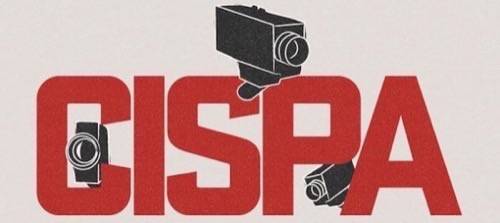
We stopped SOPA, but the legislative threats to the open Internet keep on coming. The latest is the Cyber Intelligence Sharing and Protection Act (CISPA). It would give the government the ability to designate information or a user account or an individual as a “cyber threat” for doing things like leaking classified information or infringing on a copyright.

Once something is designated as a “cyber threat,” the government, private security agencies and other companies like Google or Facebook would have free reign to share information about the threat or, in the case of a user account, share information taken from the threat. It’s the same kind of broad umbrella for the Web as terms like “enemy combatant” have provided against terrorism.
The rationale is that info about a legitimate “cyber threat,” like malicious hackers, should be able to flow freely between the agencies who can protect against it. But the definition of “cyber threat” is so broad that it’s bound to sweep up U.S. citizens causing no harm, just like SOPA.
Under CISPA, the government, private security firms and tech companies wouldn’t have to tell you they’re sharing your information, and they’d be immune to your legal action, even if they made a mistake with your info. Concerned yet? This infographic from Lumin Consulting lays out all the implications.

You can see some quotes from Fortune 500 CEOs who endorse the bill here. You can also contact your representative to let them know how you feel about CISPA.

















